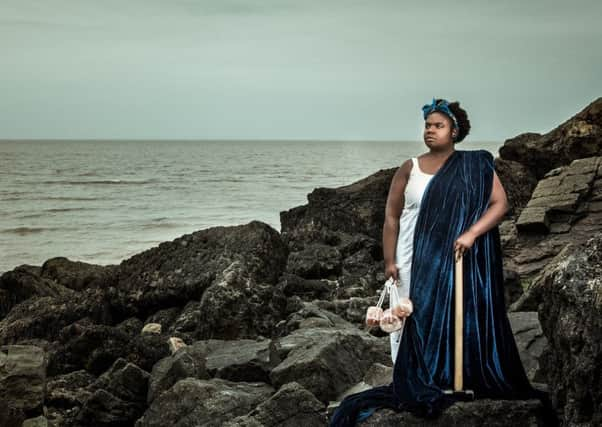Success at the Fringe


The region has demonstrated once again the wealth of artistic talent we have on our doorstep.There were awards aplenty – Leeds-based artist Selina Thompson’s powerful production Salt winning three including the Filipa Bragança award; Hull-based company Silent Uproar’s production Super Happy Story (about feeling super sad) won Musical Theatre Review’s Best Musical in a new award category launched this year, Javaad Alipoor won a Fringe First Award for his play The Believers Are But Brothers and Hull theatre company Middle Child’s All We Ever Wanted Was Everything won one of The Stage’s Edinburgh awards. In a way ‘success’ – however that is measured, and, of course, prizes are always a good indicator – is to some extent immaterial.
Generally speaking the artists who go to the Fringe are there to experience the phenomenon, to try out new work, to engage with audiences, to communicate something, to tell stories in many and varied ways. As anyone who has ever been to see a random selection of shows at the Fringe will know – some of them work well, some of them not so well, but it doesn’t really matter.
Advertisement
Hide AdAdvertisement
Hide AdPart of what makes the Fringe so special for artists is having the oppportunity (to paraphrase Samuel Beckett) to ‘try, fail, try again, fail better’. Creativity is basically a series of attempts at arriving somewhere, the trick is not to abandon the journey midway through. As this year is the festival’s 70th anniversary it is worth looking back at the origins of what has grown over the years to become world’s largest and most renowned arts festival. Established in August 1947 by Rudolf Bing, an Austrian impresario and refugee from Nazi Germany, its aim was to ‘provide a platform for the flowering of the human spirit’ by bringing people and artists together from around the globe. There was a recognition that the arts could uniquely be the conduit to begin a healing process across Europe after years of war. The first festival famously reunited the Vienna Philharmonic Orchestra with exiled conductor Bruno Walter who declared ‘here human relations have been renewed’.
We are once again living in pretty dark times when ‘the other’ is demonised and there are forces at work that would drive us apart. What the Edinburgh Festival does – and others like it – is remind people that the arts represent the best of humanity; and it unites us.